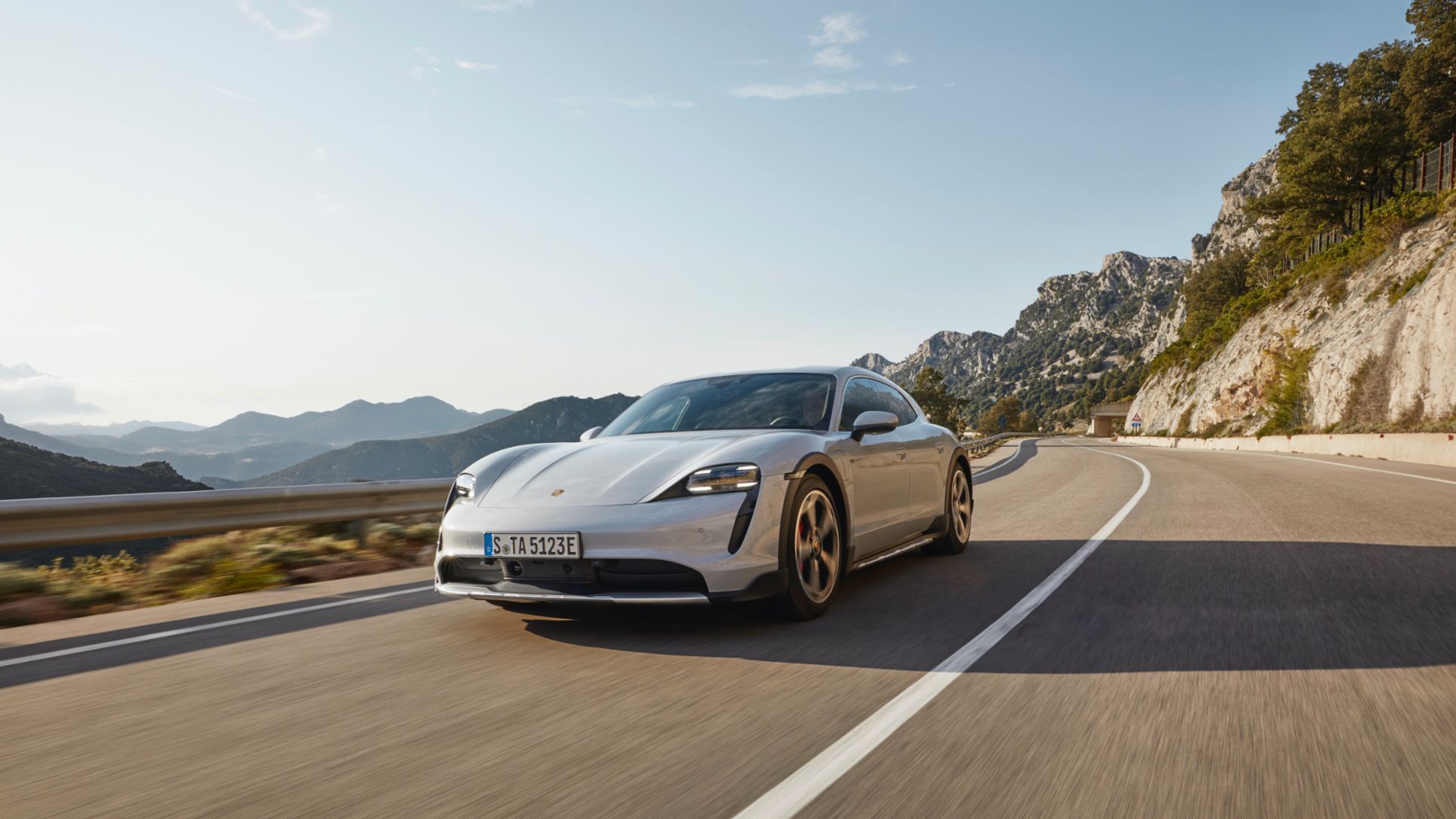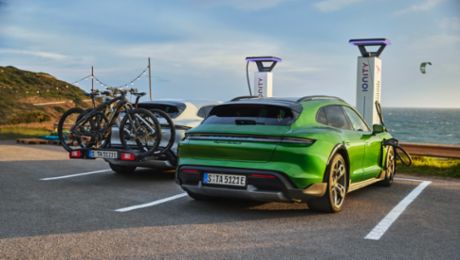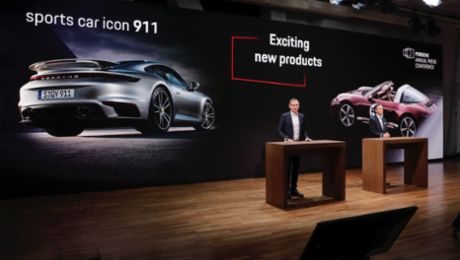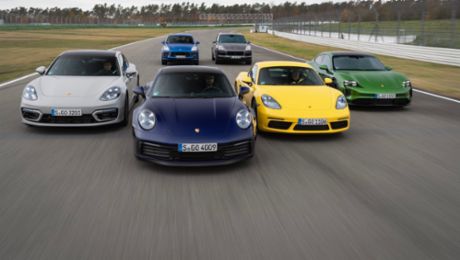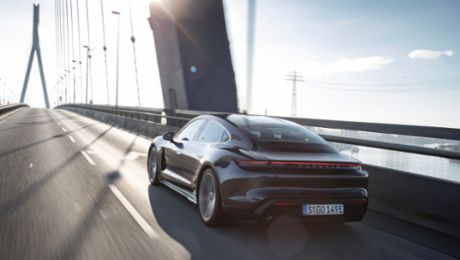Sales revenue grew from 6.0 billion euros in the prior-year quarter to 7.7 billion euros, an increase of 28 percent, while return on sales improved from 9.5 to 16.2 per cent. With these achievements, Porsche remains one of the most profitable car manufacturers in the world.
15 per cent return on sales as strategic goal
“We have started the year very well and expect that we will once again achieve our strategic goal of a 15 per cent return on sales in fiscal year 2021,” says Lutz Meschke, Deputy Chairman and Member of the Executive Board responsible for Finance and IT at Porsche AG. “Reaching this benchmark is an even greater achievement because we are investing significantly more compared with the past in electrification, digitalisation and also sustainability. Our quarterly numbers show that we are positioned very well – both in terms of our cost and revenue structure and also with our model range.”
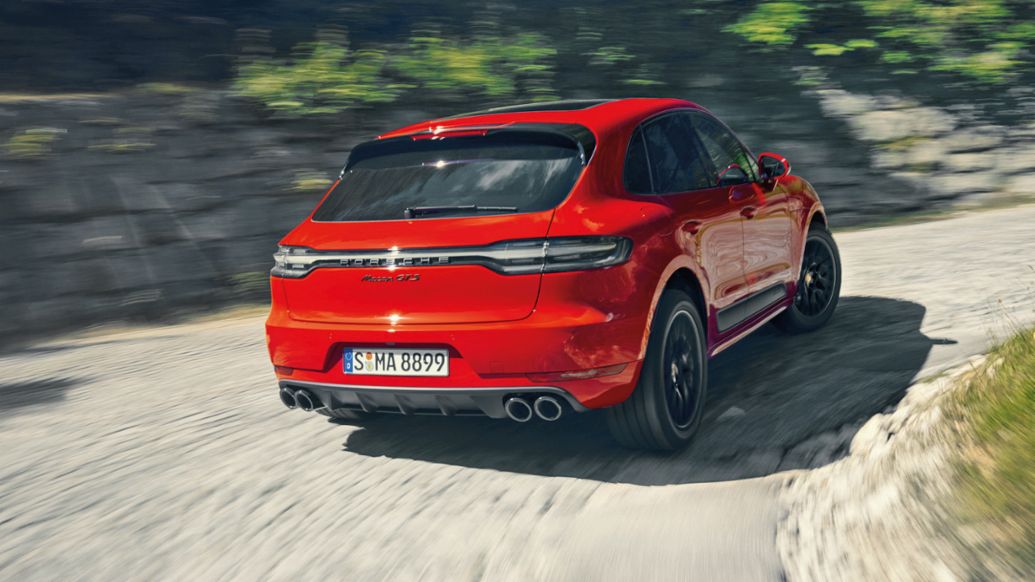
Porsche delivered almost 72,000 vehicles worldwide in the first three months of the year, an increase of 36 percent year-on-year. The most popular model was the Macan, which was handed over to 22,458 customers. The first quarter also saw high demand for the Taycan, Porsche’s first all-electric sports car: it was delivered 9,072 times – almost as often as the iconic 911 sports car (9,133). Another reason for the large increase in revenues and operating results was the economic downturn caused by the coronavirus pandemic in the first quarter of last year.
“There is a strong team behind this strong showing. Our teamwork allows us to steer the company successfully through these challenging times." Oliver Blume
“There is a strong team behind this strong showing. Our teamwork allows us to steer the company successfully through these challenging times, based on our fresh and attractive product range,” says Oliver Blume, Chairman of the Executive Board at Porsche AG. “We will sell significantly more Taycan cars this year than in 2020. In the first quarter, deliveries of our successful all-electric model were already almost half of the total for all of 2020. A particularly pleasing fact here is that around 50 per cent of the buyers are new customers. The Taycan is therefore increasing the size of our fan base.”
The company’s high level of liquidity
Lutz Meschke, Member of the Executive Board responsible for Finance and IT, is particularly satisfied with the company’s high level of liquidity: “Our strong net cash flow of more than 1.5 billion euros shows that we are operating with strong margins.” The net cash flow was still negative (-219 million euros) in the first three months of 2020. “If our successful start to 2021 is not checked by a possible semiconductor shortage, I am optimistic that we will be able to deliver a record operating result at the end of the year,” says Meschke. In spite of this confidence, he announces that the company will still systematically drive forward its Profitability Programme 2025: “Even with all this success, we must not forget that we are facing great challenges. That is why we will continually search for potential new sources of both revenues and savings.”
